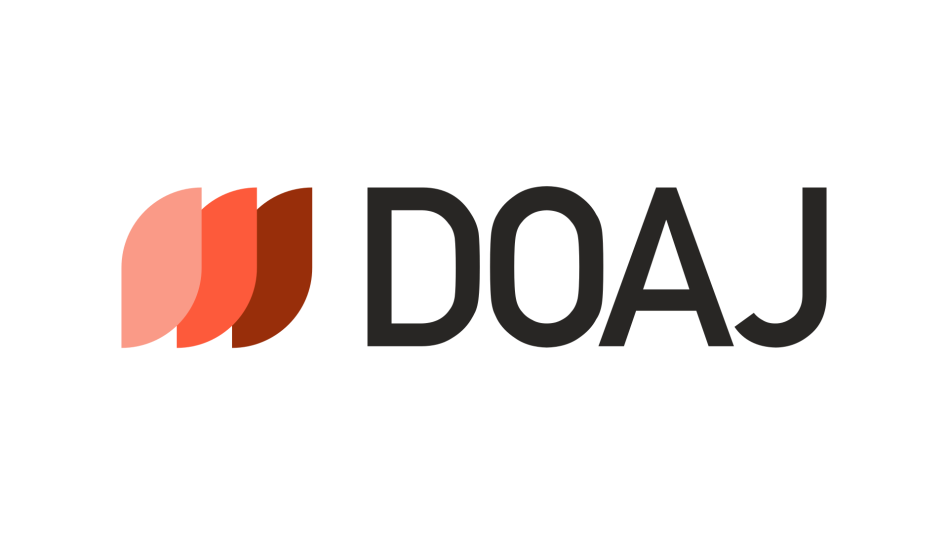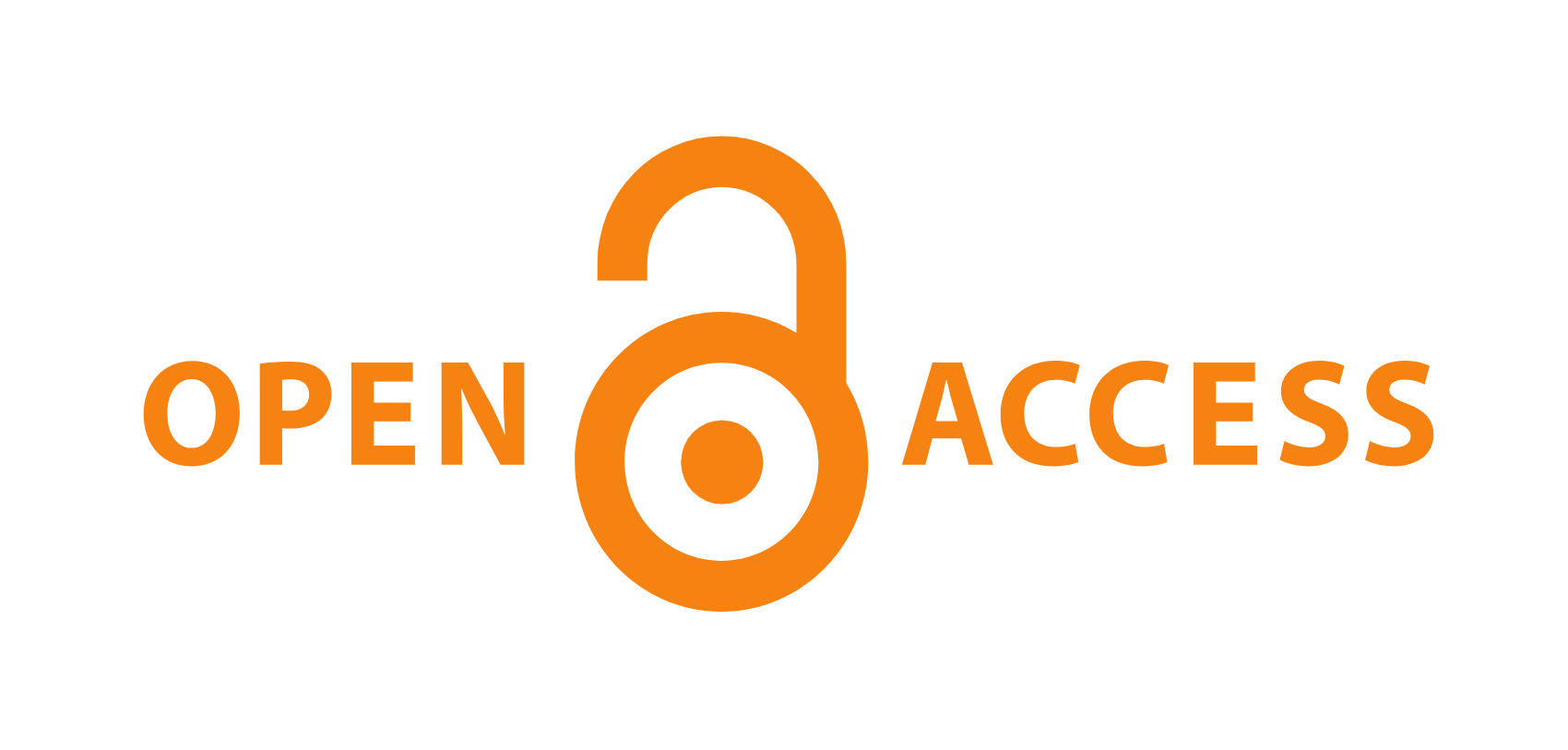How to Cite This Article
Awlla, Hiwa Abdulrahman and hamad, kareem jamal
(2022)
"Breastfeeding Knowledge among a Sample of Women attending Maternal and Pediatric Hospital of Soran City,"
Polytechnic Journal: Vol. 12:
Iss.
1, Article 18.
DOI: https://doi.org/10.25156/ptj.v12n1y2022.pp149-154
Document Type
Original Article
Abstract
Background and objectives: Breastfeeding is the ideal method suited for the physiological and psychological needs of an infant and the most vital intervention for reducing infant mortality and ensuring optimal growth and development of a child. Human breast milk is considered the healthiest form of milk for children and contains essential nutrients, vitamins, and minerals during the first six months. The purpose of this study was to find out about breastfeeding knowledge and its relationship with women’s socio-demographic characteristics. Methods: A descriptive study was carried out from December 2020 through February 2021, involving a simple random sample of 100 women who visited the Maternal and Pediatric Hospital in Soran city. Results: This study revealed that the mean age (M ± SD) was 32.15 ± 7.373 and nearly one-third of women were illiterate and in the age group 26-30 years. 76% were housewives and 85% indicated that had a normal delivery type. A good knowledge level is shown about different aspects of breastfeeding such as the effect of breastfeeding on a baby’s intelligence, the definition of Colostrum, and the effect of breast milk on producing natural immunity. Concerning breastfeeding practice, the majority correctly indicated breastfeeding initiation within one hour after birth and continuity on demand for up to 2 years. Overall knowledge about breastfeeding was good and no statistically significant association was found between breastfeeding knowledge levels with socio-demographic characteristics of age, education level, occupation, parity, and type of delivery. Conclusions: According to study findings overall knowledge about breastfeeding was good and no statistically significant association was found between breastfeeding knowledge levels and sociodemographic characteristics of participants.
Publication Date
8-14-2022











Follow us: